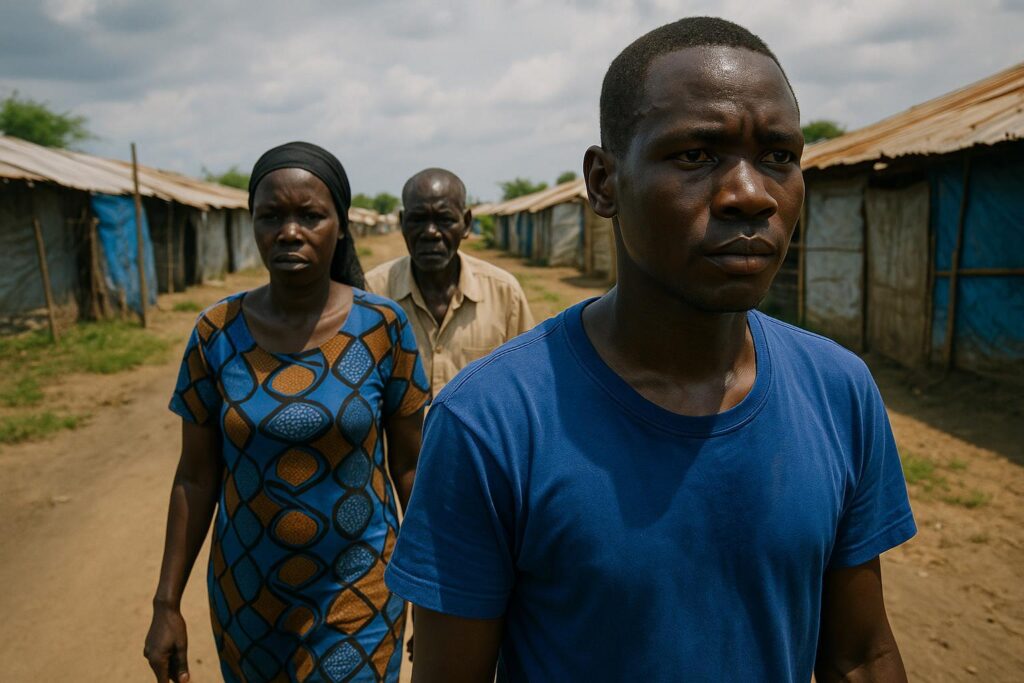Malakal PoC: A Decade of Shelter
The Malakal Protection of Civilians site opened in 2014 at the height of South Sudan’s civil conflict. What began as a temporary haven quickly became a semi-permanent settlement for families escaping violence along the Upper Nile corridor.
Over time, shelters, markets and basic clinics emerged, encouraged by steady cooperation between United Nations Mission in South Sudan and local authorities.
Biometric Data: Why It Matters
IOM’s Displacement Tracking Matrix introduced biometric registration to curb aid duplication and sharpen beneficiary targeting. Fingerprint scanners link every resident to a unique code, replacing paper lists susceptible to inflation and ghost names.
Since 2015, periodic maintenance exercises update the database, reflecting births, departures and new arrivals. Humanitarians thus follow population shifts almost in real time.
August 2025 Numbers at a Glance
The latest sweep on 7 August 2025 confirmed 36,765 residents in 10,164 households, a two-percent rise from July. Observers attribute the uptick to insecurity around Canal-Khorfulus and the seasonal return of traders’ families.
Children under eighteen make up 62 percent of the caseload, underscoring persistent education and nutrition gaps. Women head nearly one in four households, a pattern consistent with displacement-induced family separation.
From Data to Action in Aid Planning
Verified figures allow food pipelines to match actual mouths, averting both shortages and costly oversupply. Health partners calibrate vaccine orders, while shelter clusters decide whether to rehabilitate tents or invest in sturdier tukuls.
Donors increasingly demand such precision. “Every taxpayer dollar must trace to an iris or fingerprint,” notes an EU humanitarian adviser, praising the Malakal model for transparency.
Regional Lessons for Protected Sites
Across Central and West Africa, camps in Diffa, Goma and Kintélé study Malakal’s data discipline. Authorities in Congo-Brazzaville, aiming to strengthen flood-displacement response, have consulted IOM on portable biometric kits.
Experts caution, however, that technology is only as effective as community trust. Continuous engagement with traditional leaders remains essential to dispel myths and protect sensitive information.
Charting the Road Ahead
With peace talks advancing in Juba, aid groups are mapping voluntary return corridors. Biometric records could transition into national civil registries, giving displaced citizens a voice in future elections and services.
Until security improves, Malakal PoC remains a vital sanctuary. Accurate numbers ensure its residents receive dignity today and the documentation that may secure their tomorrow.


